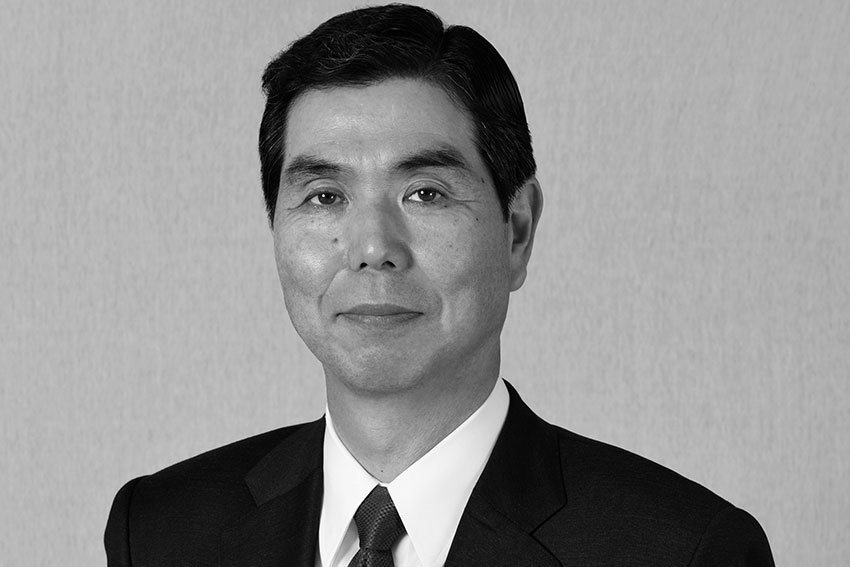With generic drugs making up only 30% of total sales, the government and Japanese pharmaceutical firms hope that increasing the use of generic drugs will help to ease the burden of caring for Japan’s rapidly aging population

Representing almost 10% of the world’s market, Japan’s pharmaceutical market is the second largest in the world, behind the United States. Japanese companies retain high customer loyalty locally, which has made it difficult for foreign competitors to establish a profitable consumer base.
Another problem for foreign entrants to the Japanese pharmaceutical market is the lack of trust in generic drugs, which currently make up only 30% of total sales. Recent legislative policies have however advocated a push for the consumption of generic drugs.
“The government is promoting the use of generic drugs. In 2015, it even stated the actual volume share of generic drugs to be used by the public. This was an unprecedented move. The promotion of generic drugs is at its core because they cost less for similar effect, which is very clear to understand. We have been helped along by this favorable wind and the generic industry as a whole is expanding,” says Itsuro Yoshida, President of Towa Pharmaceutical Co., Ltd.
The government hopes the increased use of generic drugs will help to ease the burden of caring for Japan’s rapidly aging population (it is officially the world’s fastest aging nation). And caring for the growing number of elderly in Japan is indeed one of the main challenges for the country’s drug makers.
“In order to provide solutions for the super-aging society issues, I have two focuses. The first focus is through the pharmaceuticals themselves,” says Dr. Masayuki Mitsuka, President and CEO of the Mitsubishi Tanabe Pharma Corporation.
“When we look at healthcare cost distribution of Japanese medicine, most of the cost goes to bedridden patients, the senior patients, who need care throughout the day. If we put all the money on the costs for these bedridden patients, it might not be an appropriate way of seeing it, but it will not be a productive way to provide a solution. I think what we personally as a company have to focus on is the medication to help senior citizens not to enter that bedridden stage, how to prolong the period where they are able to be active themselves and do some activity and do some work as well.”
While the market is expected to grow annually by about 2.2% in Japan, there are still other challenges facing the industry, such as the regulation of pricing. Mr. Yoshida explains, “In Japan, the system is a little bit different from that of the U.S. The Japanese government sets the price for pharmaceutical drugs.”
Companies that begin to sell a drug in the free competitive market often try to market it lower than that price, and then later, when the government again evaluates the pricing, the standard price is set even lower. It’s a cycle that perpetuates and makes it difficult for the companies to profit, especially generic drug makers. However, with the government advocacy for more generic drugs, the industry is expected to see an increase in sales over the coming years.
In order to influence key opinion leaders on the benefits of increasing the usage of generic drugs, Towa Pharmaceuticals has opened up its facilities for the public to be able to see the quality of production. According to Mr. Yoshida, “There are some doctors who remain skeptical about using generic drugs. It used to be pharmacists, but now less so. So in order to persuade doctors of the benefits of generic drugs, we are opening up our facilities, allowing them to see first-hand how they are made. Because seeing is truly believing.”
The high standards expected by Japanese doctors and consumers present a challenge for the pharmaceutical industry, leaving plenty of room to grow the market and to change the scope of what quality means in the availability of medicine for a population that prioritizes health concerns.
In Japan, the pharmaceutical industry is one of the places where the “Monozukuri” principles are being put into place for the good of business and economics, as well as the good of the people.
0 COMMENTS